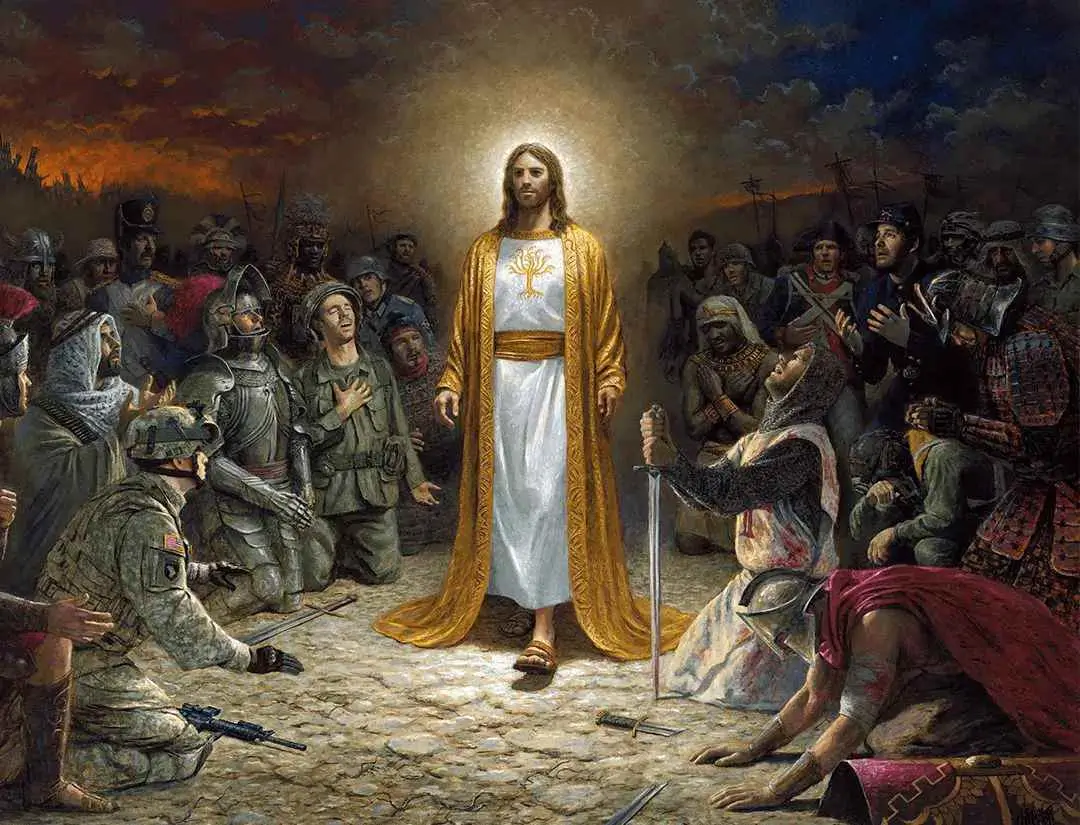Language
 Directory
Directory
2 Samuel
Rizpah

1. Rizpah is a biblical character mentioned in the Second Book of Samuel, specifically in chapters 3 and 21. Her story revolves around the tragic events that followed the death of King Saul and his sons.
2. Rizpah was a concubine of King Saul and the mother of two of his sons, Armoni and Mephibosheth. After Saul's death in battle, David ascended to the throne and established his reign over Israel. In an effort to solidify his leadership, David sought to reconcile with the remaining members of Saul's family, including Rizpah's sons.
3. However, tensions between David and the house of Saul persisted. As a result, David made a political alliance by marrying Michal, Saul's daughter and Rizpah's half-sister. This marriage arrangement effectively secured David's claim to the throne and offered a fragile peace between the two families.
4. During David's reign, a severe famine struck the land for three consecutive years. David inquired of the Lord, seeking an explanation for this calamity. He received a divine response that the famine was a consequence of Saul's previous violations against the Gibeonites, a people with whom Israel had made a treaty long ago.
5. To atone for Saul's transgressions, David approached the Gibeonites and asked how he could make amends. The Gibeonites requested the execution of seven of Saul's descendants.
6. In a heartbreaking turn of events, David granted the Gibeonites' demand, and seven sons of Saul were handed over to be hanged on a hill before the Lord. Among these sons were Rizpah's two sons.
7. Rizpah's story takes on significance as she refused to let her sons' bodies remain unburied and exposed to the elements and wild animals. She protected their corpses day and night, keeping watch over them for months. Rizpah spread sackcloth on the rock and stayed there, fending off birds and beasts from her sons' remains, displaying an unwavering devotion and maternal love.
8. News of Rizpah's vigil eventually reached David, who was deeply moved by her actions. He ordered the bones of Saul and his sons to be retrieved and given a proper burial alongside those of Rizpah's two sons. This act brought peace and closure to their tragic story.
9. Rizpah's story carries several significant themes. Her unwavering dedication to caring for her sons' bodies demonstrates the profound love and honor she had for them, regardless of their status as concubine's children. Her actions also highlight the importance of proper burial and the respect owed to the dead, even in times of conflict or tragedy.
10. Furthermore, Rizpah's story exposes the lingering consequences of political rivalries and power struggles. Her sons became victims of the ongoing tensions between David and Saul's family. Rizpah's vigil serves as a poignant reminder of the collateral damage and grief caused by such conflicts.
11. Rizpah's story speaks to the enduring themes of love, loyalty, and the human quest for justice and dignity, even in the face of immense personal loss and societal upheaval. Her actions signify the strength and resilience of a mother's love, inspiring compassion and empathy for those who suffer in times of strife.




 Previous
Previous







